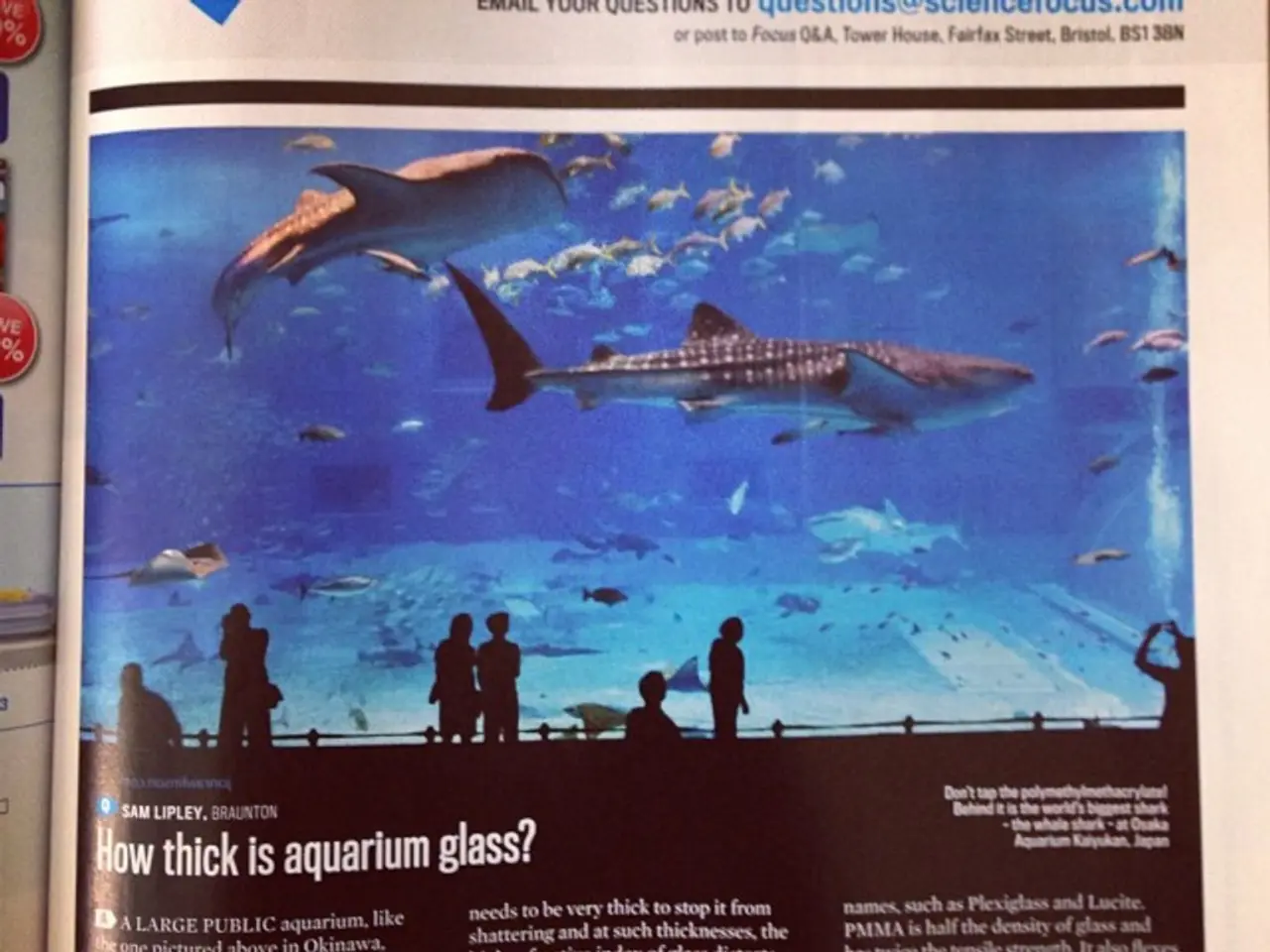Fishing operations halted in Pacific marine preserve following court ruling
In a significant victory for marine conservation, a federal district court in Honolulu has ruled against President Trump's attempt to reopen parts of the Pacific Islands Heritage Marine National Monument to commercial fishing. The lawsuit, filed by a hui of Hawaiian cultural practitioners, the Conservation Council for Hawaii, and the Center for Biological Diversity, challenged the legality of Trump's 2025 proclamation.
The court's decision, handed down by Judge Micah W.J. Smith, vacated a letter from the U.S. National Marine Fisheries Service (NMFS) that had authorized commercial fishing within the monument. This ruling reinstates the commercial fishing ban within the protected waters.
Jonee Peters, executive director of the Conservation Council for Hawaii, applauded the court for rejecting the Fisheries Service's attempt to gut fishing protections without going through the formal rule-making process. Solomon Pili Kaho'alahala, a founding member of Kapa'a, noted that the court's ruling acknowledged the importance of giving due consideration to the voices of native people in protecting the monument.
The controversy surrounding NMFS's role was central to the case. After President Trump’s proclamation in mid-April 2025, NMFS issued a letter to commercial tuna fishing permit holders, informing them that fishing was no longer prohibited in certain areas of the monument. This letter was not issued through formal rulemaking and was challenged as unlawful by conservation groups.
The court declared the NMFS letter invalid and ordered that no commercial fishing operators could rely on it, effectively suspending fishing activities within the monument until proper legal procedures and protections are enforced.
Earthjustice attorney David Henkin said the court "forcefully rejected the Trump administration’s claim that it can dismantle vital protections for the monument’s unique and vulnerable species and ecosystems without involving the public." Maxx Phillips, Hawaii and Pacific Islands director and staff attorney at the Center for Biological Diversity, called the court order a "huge win for the Pacific’s irreplaceable marine life and for the rule of law."
The plaintiffs allege that Trump and the Fisheries Service cannot undo federal regulations without formally amending those regulations through a process that includes an opportunity for parties impacted by the rule to provide input. The court's order means that the Fisheries Service cannot shirk its duty to ensure adequate protection for the monument.
Henkin also reaffirmed that even if Trump's directive to allow some commercial fishing in the monument were legal, the Fisheries Service still has the discretion to ban highly destructive practices like longline and purse seine fishing. The judge's order mandates the immediate cessation of commercial fishing in the protected areas, particularly between 50 and 200 nautical miles around Johnson Atoll, Jarvis Island, and Wake Island, key parts of the monument.
The Pacific Remote Islands Marine National Monument was initially established by President George W. Bush in 2009. A similar expansion of the protected area was made in 2014 by Obama, creating the world’s largest marine protected area around Jarvis Island, Johnston Atoll, and Wake Atoll. The Fisheries Service codified the prohibition on commercial fishing in parts of the Pacific Islands Heritage Marine National Monument in 2013 through the formal rule-making process.
This court ruling marks a significant step in preserving the unique and vulnerable marine life within the Pacific Islands Heritage Marine National Monument. The plaintiffs' legal action has demonstrated the importance of upholding the rule of law and protecting our planet's precious natural resources.
- The court's decision in the case against President Trump's attempt to reopen parts of the Pacific Islands Heritage Marine National Monument to commercial fishing reinforces the importance of environmental-science in managing and preserving our planet's precious natural resources.
- The general-news about the court's ruling against the President's proclamation highlights the crucial role of politics in ensuring the protection of wildlife, particularly in the context of marine conservation.
- The court's order mandating the immediate cessation of commercial fishing in the protected areas reaffirms the necessity of following the rule-making process in science, particularly in fields like environmental-science, to protect the environment and wildlife.








